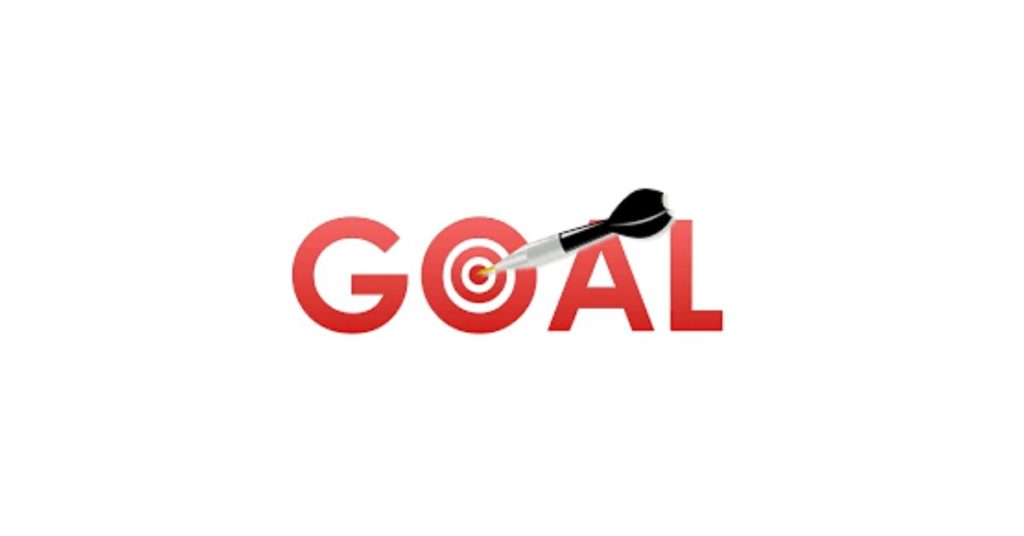SEO Disasters and How to Avoid Them
Being the “strategy guy” in a company that provides SEO services (among many other things), I come across some pretty interesting situations when I look under the hood at various websites.
Here’s a few of the most alarming SEO disasters I’ve come across, as well as some notes on avoiding them.
Disaster #1 – Total. Google. Slap.
We have a client who spends a ton on Google Adwords. They are glad to do so as it’s their number one marketing channel, but a couple years ago they thought they could spend their way into good SEO.
In doing so, they engaged someone who went and bought a ton of links on disreputable websites as a means of boosting Search rankings. While this worked like a charm for a short while, they noticed in one week’s report their traffic was waaay down. In digging a bit further, it turned out Google had “de-indexed” them from their results.
They spent over a year in this situation. Now, a couple of years later, they finally appear to have recovered again.
How to avoid this? This is a simple one. Don’t do anything irresponsible and make sure you know what’s being done by outside service providers. Anything that sounds like a trick is almost certain to get detected by Google sooner or later and is bound to have consequences.
Disaster #2 – Aiming Too High.
While aiming high is admirable, if you decide to compete on super-competitive keywords you will most definitely improve, but may never make it onto Page 1 of the Google results.
If this happens you can make great progress but never get any traffic. You can also waste time and/or money. A lot of money. I recently reviewed a site that had pumped over $20,000 into SEO without getting any new traffic because of this very reason.
Avoiding this is simple: pick keywords that are being competed for by sites you can “beat.” This typically means selecting “long tail” keywords that have regional qualifiers or a higher level of detail. For instance:
- competing on the keywords “poodle breeder vancouver island” instead of on the keywords “poodle breeder,” which would have dramatically more competition.
OR - competing on “hand-made fixed gear bicycle” instead of “fixed gear bicycle”
These long tail keywords will have less search volume, but you’ll have much more success with them.
Note: while doing your research, make sure these long tail keywords have at least a modest amount of traffic. If not, you’ll be in the position of ranking #1 but getting no traffic!
Disaster #3 – Relying Solely on On-Site OR Off-Site SEO
On-site SEO involves making sure your web site is set up as best as possible for Google to be able to crawl it and find relevant content and pages. Off-site SEO involves making sure there is news and information about your site spread around the web with links back to your site.
It’s easy to get fixated on one over the other, but unfortunately 50 hours spent doing on-site optimization is probably worth less than 10 hours spent working equally on on-site and off-site (or vice versa).
Overall, these disasters are not hard to avoid, but it’s amazing how many people fall victim to at least one of them to some degree.
The best thing you can do is keep things simple and remember what SEO is all about:
- Use research tools to uncover the language of your customers.
- Build or adapt your site to use that language in a structured manner that visitors will be appreciated by visitors and Google alike.
- Get the word out by sharing your content and expertise around the web and by simply being good enough that other relevant sites will want to link to you.
Easy, right? 😉






